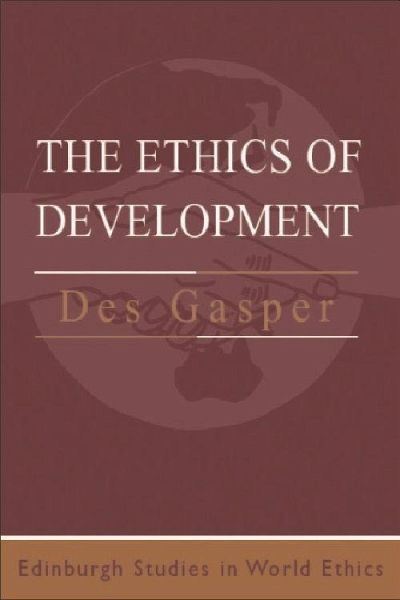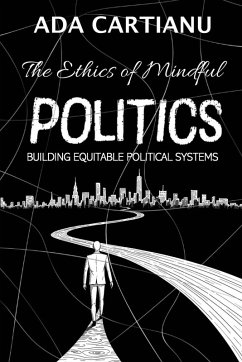
The Ethics of Development
From Economism to Human Development
Versandkostenfrei!
Versandfertig in über 4 Wochen
42,99 €
inkl. MwSt.

PAYBACK Punkte
21 °P sammeln!
An introduction to the field of ethics and development for students and practitioners. Development ethics is concerned with major socio-economic change: *the meanings given to societal development *the types, distribution and significance of its costs and gains *value-conscious ways of thinking about and choosing between alternative paths and destinations. It helps in identifying, considering and making ethical choices about societal development and in identifying and assessing the explicit and implicit ethical theories. This book focuses on clarifying what is meant by "development". Its centr...
An introduction to the field of ethics and development for students and practitioners. Development ethics is concerned with major socio-economic change: *the meanings given to societal development *the types, distribution and significance of its costs and gains *value-conscious ways of thinking about and choosing between alternative paths and destinations. It helps in identifying, considering and making ethical choices about societal development and in identifying and assessing the explicit and implicit ethical theories. This book focuses on clarifying what is meant by "development". Its central thread is the reassessment of economic growth, asking who benefits? The author considers why economic growth and respect for diversity are widely seen to be good. and examines the moral implications of this view, drawing on the ideas of Len Doyal, Ian Gough, Martha Nussbaum and Amartya Sen. Dealing carefully and sympathetically with a range of viewpoints, the book aims to present them in a way that contributes to intelligently selective use of them and to their improvement. Key Features Provides case studies on famine and other emergencies, land alienation and land reform, industrialisation, globalisation, international debt, colonialism, post-colonialism, international aid, health and malnutrition, violence, forced displacement, and gender equity Areas covered in the case studies include: Zimbabwe, India, sub-Saharan Africa (Rwanda, South Africa, Tanzania, Ghana, Sudan), South Asia (Sri Lanka and Bangladesh), and Ireland Places emphasis on probing and clarifying the meanings, uses and areas of relevance of key concepts including 'development', 'efficiency', 'effectiveness', 'equity', 'needs', 'freedom', 'choices', 'culture' and 'community' Pedagogical features include easy-to-grasp tables and figures, discussion questions and suggestions for further reading Offers a self-contained introduction to development ethics aimed at undergraduates, professionals and the general reader Includes a discussion of what ethics is and what methods it can use Individual chapters are ideal as the main teaching material for sessions with an emphasis on participatory discussion












